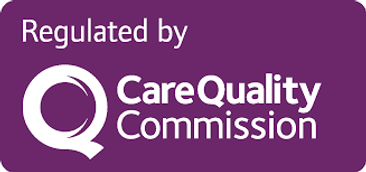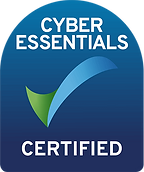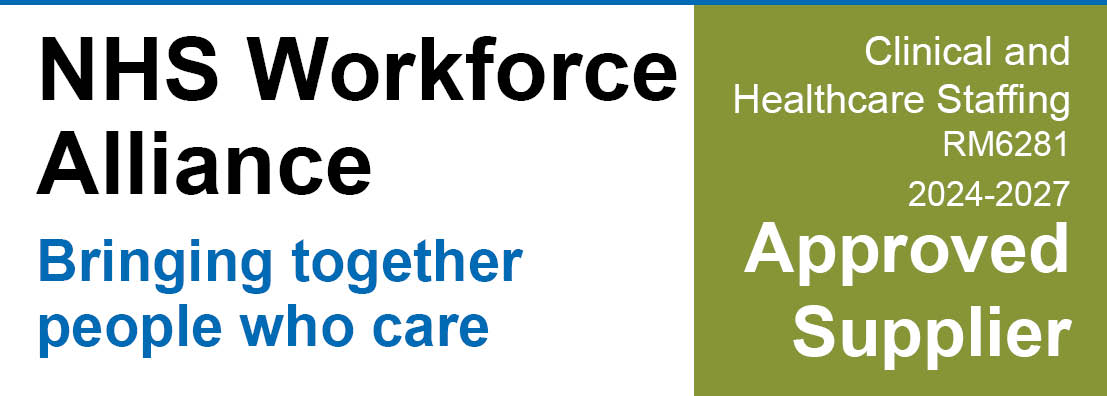Funding Care
Domiciliary care and support services in England have never been free, and most people have to self-fund towards their own care whilst others may have to pay for all of their costs.
Your local authority (council) may cover some or all of the cost of care in some circumstances. Most cases for help are “means-tested”. This depends on what your needs are; how much savings you have, and what level and type of care and support you require.
For people needing care services, the first place to start is by asking your local authority for an assessment of your social care (care and support needs). This is the best place to start.
If the local authority considers that you need support that it can provide, it may assess your finances.
An assessment will determine whether the local authority will meet all the cost of your care, or whether you will need to contribute towards your care cost or whether you will have to meet the full costs yourself.
Currently, local authorities won’t provide care services if you have more than £23,250 in savings and property (your “capital”). However, from April 2020, this threshold will rise alongside the introduction of the cap on care costs; so more people may be eligible for help sooner.
Before the local authorities can help they must carry out a care needs assessment. It’s free and you are legally entitled to have one.
The local authority will identify your care needs and check that they meet a nationally agreed set of criteria.
If you qualify for help, they have a legal duty to provide or arrange the services you need.
They will then carry out a financial assessment to work out if you should pay towards any services you need.
You can also do a self-assessment.
If your local authority agrees with this self-assessment, you’ll be able to access the same range of support services as if you’d been through a full care needs assessment from a local authority care specialist.
The outcome of the financial assessment will be that the local authority will either:
- Agree to meet the full cost of your care needs
- Agree to meet some of the cost (and you'll need to top up the rest)
- Leave you to meet the full cost of your care package
If your local authority is supporting you they will then set up a personal budget for you, which keeps track of the costs of your care.
If you do qualify for financial help, you can:
- Ask your local authority to arrange the care services for you.
- Receive direct payments from the council and organise things yourself. This can mean greater independence, choice and control of your care and your finances.
- Ask someone else to manage your budget and organise services for you. This could be a family member, friend, care professional or an independent advocate
- Or with Direct payments you can think about using a home care agency rather than employing someone yourself. They'll deal with all the paperwork, including references and criminal checks, and invoice you directly.











